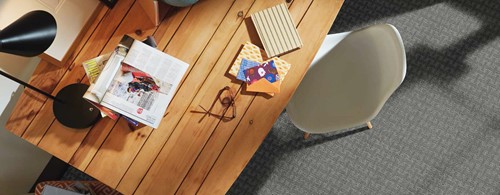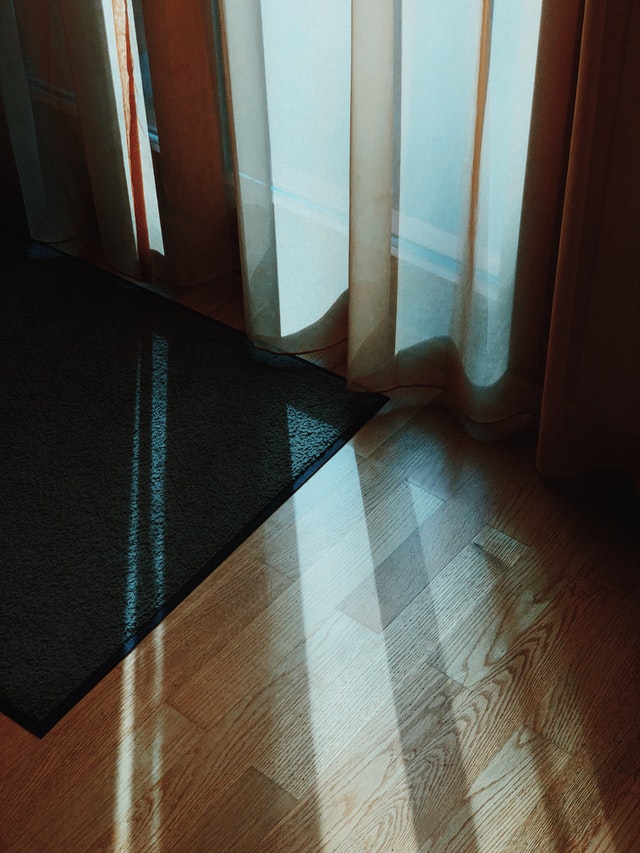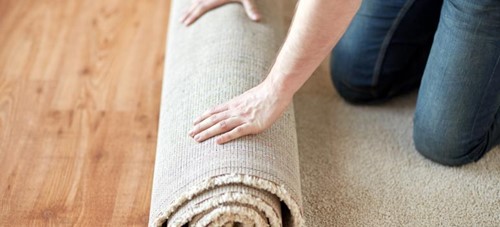Nylon Carpet: Pros And Cons

Nylon Carpet: Pros And Cons
Nylon is the most popular fiber type in the residential carpet industry today. It has a solid reputation for being durable, relatively easy to maintain and is highly sought after. That being said, let’s dive into the useful details to help you decide if it’s the right choice for you!
History of Nylon Carpet
Nylon was invented in 1935 by Wallace Hume Carothers, head of research at DuPont. Its first commercial use was in women’s stockings in 1939, but it was also being used in fishing line and toothbrush bristles. In the mid 1950’s DuPont began producing nylon for carpeting, in the form of a staple fiber, after a successful six-year trial in Hotel DuPont. Then, in 1959, DuPont then introduced CF (bulked continuous filament) nylon.
Nylon revolutionized the carpeting industry as the first truly synthetic fiber and quickly became the new benchmark of carpets.
Now that we know nylon’s successful start, let’s get into the next important parts—the pros and cons.
Pros
Durability
One of the biggest considerations in any carpet purchase is the carpet’s durability. Of course, you’d want a carpet that will stand up to daily wear and tear and still manage to look good for the next decade or so. So, it’s good that nylon carpet fiber is well-known for being very durable. It has long been considered to be the most durable synthetic carpet fiber available. The secret to nylon’s durability lies in its resiliency—its ability to literally “bounce back” from compaction, so it won’t hold compression marks from vacuums or foot traffic for long.
Stain Resistance
No carpet can resist any stain, but a nylon with good stain resistance sure doesn’t hurt. Nylon ranks high in its ability to resist all stains. So, next time your child tracks mud in, or your guest spills that glass of wine, no need to worry since there’s less chance you’ll have a permanent reminder of it.
And to make this advantage even better, our stores carry a range of stain-resistant nylon carpet. To learn more about this family friendly carpeting and more, inquire with our friendly experts in-store.
Resiliency and Maintenance
Nylon’s resiliency is due in large part to the hydrogen molecule that creates part of its structure. This molecule can be revived by steam cleaning. The heat from the steam cleaner actually revives the hydrogen molecule, so when the fibers flatten due to foot traffic, cleaning the carpet helps the fibers bounce back. Which leads us to how easy it is to clean and maintain. It’s extremely important that nylon carpet is steam cleaned every 12-18 months at minimum (more often in very high traffic areas) to ensure longevity. Other than that, simply running a vacuum over it should be all the maintenance it needs to look fresh for many years to come.
Nylon comes in a large variety of styles, textures and color options. There’s certain to be a nylon carpet that fits every room of your home.
Cons
Higher Cost
To be fair, nylon is actually quite affordable. But when compared to other synthetic carpets, it does have a slightly higher price point.
Static Electricity
Believe it or not, there are people who don’t like static shocks, it’s shocking right?! If you’re one of those people, it’s important to know that nylon carpeting can product static electricity in dry climates; more so than other materials.
Not as Soft as Other Options
While nylon boasts a number of benefits over other carpeting types, it isn’t the softest fiber on the market. If your carpet’s softness is a top priority, there may be better options than nylon for your home.
So, after weighing all the pros and cons, you’ve decided that nylon is the best carpet for you, then great! We’re happy this information was helpful. If you’re still not sure, then stop by one of our 26 locations nationwide to learn more about it, see samples and displays with our talented design experts. No matter what, you’re in good hands with us!












